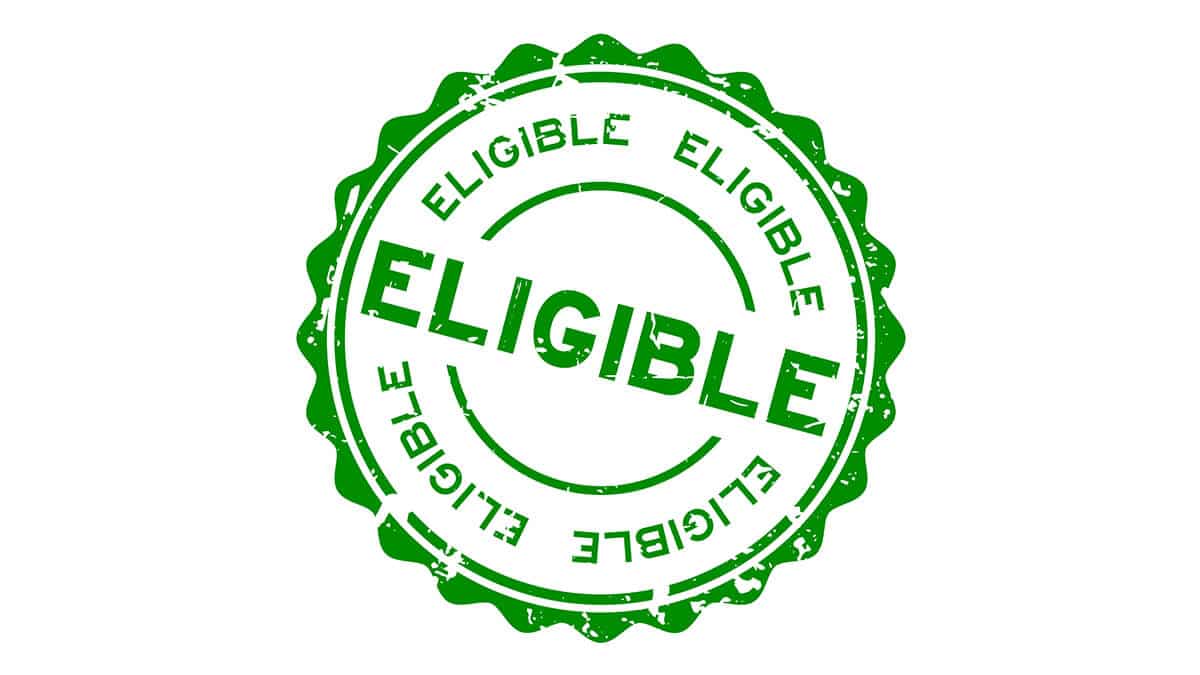In this guide
- Reportable employer super contributions: What are they?
- What super contributions are reportable?
- What super contributions are not reportable?
- Examples of reportable and non-reportable super contributions
- How to report super contributions for your employees
- Recordkeeping for RESC: What to record and how long to keep it
- What government benefits are affected by reportable employer super contributions?
Making super contributions on behalf of your employees can create a lot of paperwork, but there’s an important extra task you mustn’t forget – notifying the ATO of any reportable employer super contributions (RESC).
RESC payments have an impact on your employee’s eligibility for various government benefits and offsets, and unfortunately the onus is on you to let the ATO know about them.
Reportable employer super contributions: What are they?
RESC are any extra super contributions you make to the super fund of one of your employees above the normal legislated requirements.



